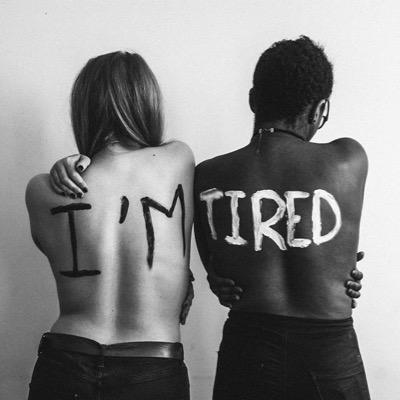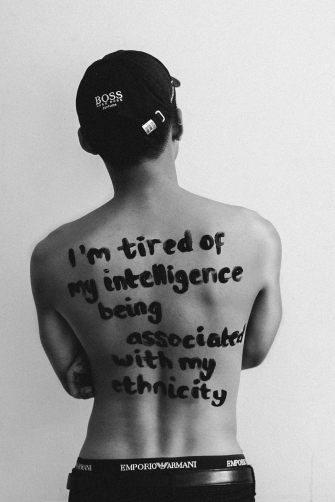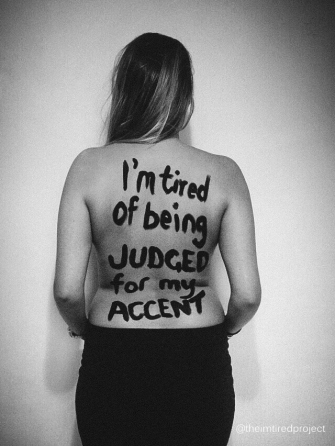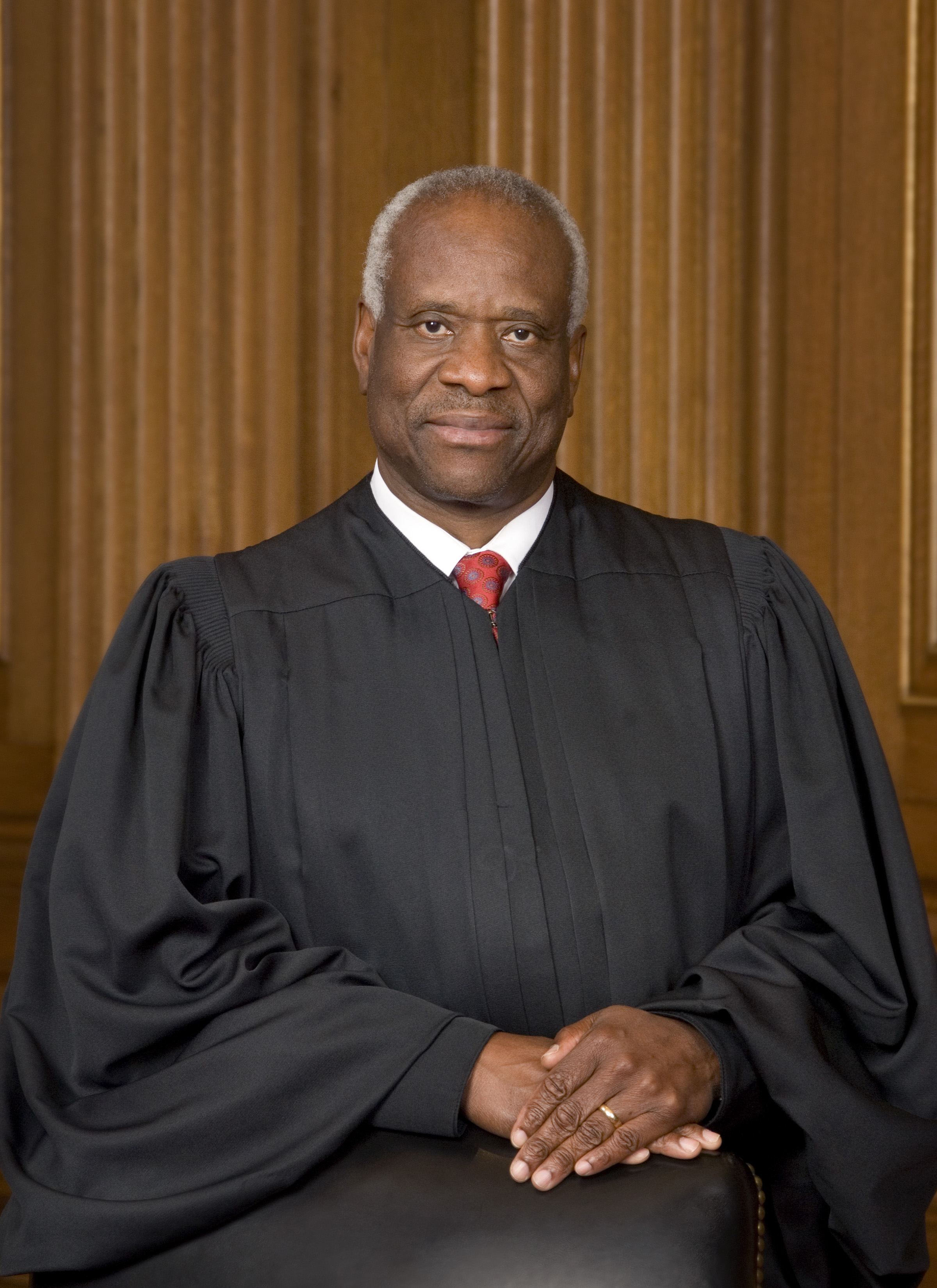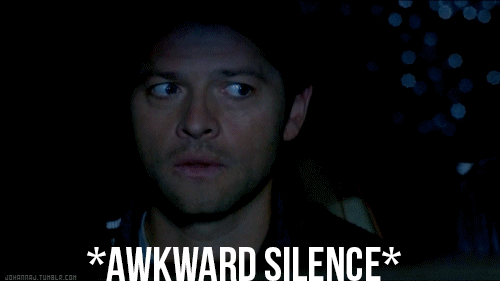
This piece was originally written for the spectacular blog My Black Matters which aims to be the ‘voice of today’s black women’.
A few months ago, a friend of mine stated, “I want to marry a man from another race because we’ll have beautiful mixed babies.” As crazy (or maybe familiar) as it sounds, the girl I was two years ago would’ve agreed with her. I would’ve gushed at the thought of marrying a European man so that my children would have curly 3a hair and olive skin. I had these thoughts even though both of my parents are Nigerian, and therefore shared the same ethnicity. Did I not consider myself beautiful as I was not mixed or light skinned?
Of course not. My confidence level was lower than what it is now, but I thought I was pretty okay looking. So, why was I, a dark-skinned girl, denying that girls of my shade are beautiful? Thinking about this answer, I looked back at my situation two years ago. I was a fifteen-year-old girl who would turn to the music channels and see all my favourite male singers dancing with women of a lighter skin tone. Who would see all my lighter counterparts get the most ‘likes’ on Instagram. Who would see the memes directed at dark-skinned women and girls like myself, and laugh with along with them.
I tried to deduce and address the first reason for my unconscious anti-blackness. Lack of representation. It seemed a repeating pattern that my favorite male singers would be serenading a young woman of a lighter shade, or in some cases, the darker complexioned woman would be the antagonist of the video. The opposite portrayals of light and dark skinned women didn’t seem like an issue to me because it felt normal, so I never questioned it.
I previously mentioned my friends who had, and still, receive more recognition from boys than girls of my shade. Some may argue that it was not due to the skin tone, but more of the personality. However, let’s be honest. How many people are attracted to personality first? I can’t say that I didn’t attract some people, but once again, it seemed that the light skinned ‘red bone’ girls would have the boyfriends.
The last reason for my ignorance would have to be the constant jokes and memes targeting dark-skinned girls and women. When countless tweets slandering dark skinned women in a poor attempt to be funny; most, unfortunately made by black men; are available to the public, and for young girls of my shade to see, there’s no surprise that once the shock of seeing portrayals of us in that light has died down, the ignorant fifteen-year-old that I was would begin to laugh along with the same men who protest against racist jokes.
The sad thing about what I went through is the fact that it’s an ongoing cycle and is an issue that is still prevalent today and will continue to occur. Today there are dark skinned fifteen-year-olds who may feel unwanted simply due to how much melanin is present in their skin. It sounds ridiculous, right? If you think about it scientifically, forgetting the history and social issues for a moment, the cells that produce melanin (called Melanocytes) have an effect on the mindset of a whole species. The human species.
I’d like to think that there are young women and girls who love and embrace their dark skinned-ness. Of course, they exist and that feeling of self-love is incredible, believe me. However, realistically, the numbers of dark-skinned young women and girls who have yet to feel confidence and see beauty in their tone outnumbers those who acknowledge their appearance.
The problem is, there’ll always be a lack of representation of dark-skinned women in the media, one may always see light-skinned counterparts being seen as more attractive than darker skinned women (although women, generally, shouldn’t need to rely on the recognition from others to know that they’re beautiful but that’s an article for another day!). Additionally, the meme makers will continue to make memes. So…. A solution? What changed my mindset a year later? At 16, how did I finally see the beauty I held?
I turned to Tumblr. There are many other social media sites and platforms (this online blog being a definite choice to start with), however, that’s just the way ‘path’ I chose. I began to read about the history of my race. Not only slavery but of the success we’ve had as a race also. I finally understood that, as a race, we’ve always had ‘it’ in us – whatever you interpret ‘it’ as.
Following that, I began to come across images of dark-skinned women and girls going about their business. Some were professional photos, and others were selfies. Not only did the images ignite some sort of fire that I needed to recognise the beauty of people like me, but the captions too. “Black girls rock”, “carefree black girl,” were the theme, and I was really beginning to agree.
Finally, I tried to dive into a deeper reason as to why dark skinned women received such ridicule in society. I have no intention of turning this into a history lesson, but to summarise: Lighter-skinned slaves were deemed more desirable since they resembled white women the most. One could almost see the parallel between the ignorant white people over a century ago and the ignorant society we live in today. I certainly noticed it.
With all this new information I had racing in my head, I felt a sense of purpose. My dark skin was a part of me, therefore, I had to accept and cherish what, I believe, God had blessed me with. Yes, we aren’t represented in the media. But I know we exist! Yes, we don’t attract enough men or boys, but I love myself and that’s all that matters to me! Yes, we are ridiculed, but I have enough confidence in myself to brush off the nonsense, and concentrate on loving and bettering myself.
As I prepare to enter university, I tend to wonder whether the colourism I witness now will carry on into my further education. And the answer is yes. Am I okay with that? No. But I’m good with myself, and I have hope that I will continue to speak out against colourism faced against dark skinned women and girls because I recognize my beauty and strength, and I believe that others ought to feel the same.
So back to my acquaintance who wants mixed babies because they’re so beautiful.The seventeen-year-old me has a response.
“All skin tones are beautiful, and I will see the beauty in whatever shade of black my babies will be in. I will continue to encourage my children to recognize their beauty, talent and worth because Black. is. Beautiful.”
Did you relate to this? Do you have any questions? If so, write them in the comment section below- we would love to hear from you
If you would like to share your stories, experiences and opinions email us at oneisnotenough16@gmail.com.
Bless x
#Oneisnotenough TEAM




